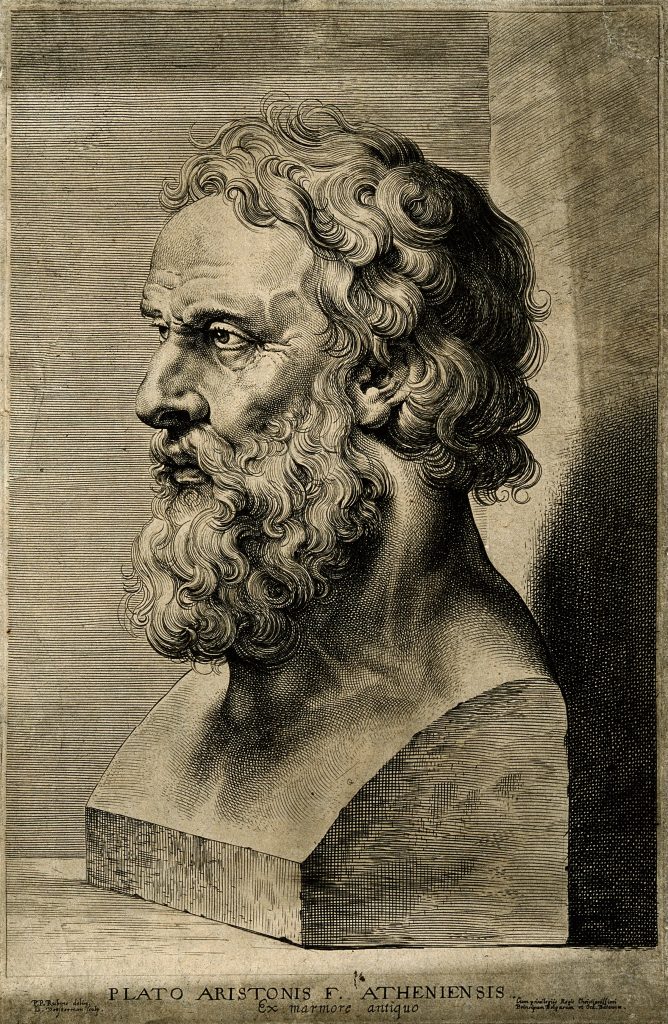This week I’ve been thinking about a talk I’ll be giving in July on Plato and democracy. Why does Plato think that democracy tends towards tyranny? Should we be afraid he might be right? In previous talks on this topic I told Plato’s story how a democracy can change into a tyranny, with disturbing parallels to recent US events. I explained the weaknesses Plato finds in democracy and asked whether the significant differences between Athenian and American democracy mean that we should not worry. (Spoiler alert: we should.) Those talks provoked good discussion. Now I want to do something more.
The discussion of the degeneration of the city into a tyranny forms only a small piece in The Republic’s larger argument. He adds a long discussion of the parallel between the interacting classes within a city and the distinctive drives and functions within an individual’s personality. Plato talks about the aristocratic, democratic, and tyrannical “souls”. Different community structures produce and are produced by different kinds of individuals. Plato argues for harmonious rational leadership in both domains.
My new talk will argue that we live in a new society that brings a new kind of personality. I will use the distinction between thinking fast and thinking slow (from Kahneman and Tversky) to fracture the unity of Plato’s rational guardians, and introduce complications stemming from our mass society with different modes of communication than the old Athenian agora and assembly. This should provide a new approach to the question of the “authoritarian personality” and raise the question of democracy and tyranny in a new way. This involves the deep question whether and at what level everyone in a community must ”sing the same song” as Plato says in The Laws. (I’ll have more to say about The Laws in next week’s post in this short series bending Plato to look at our new world.)
